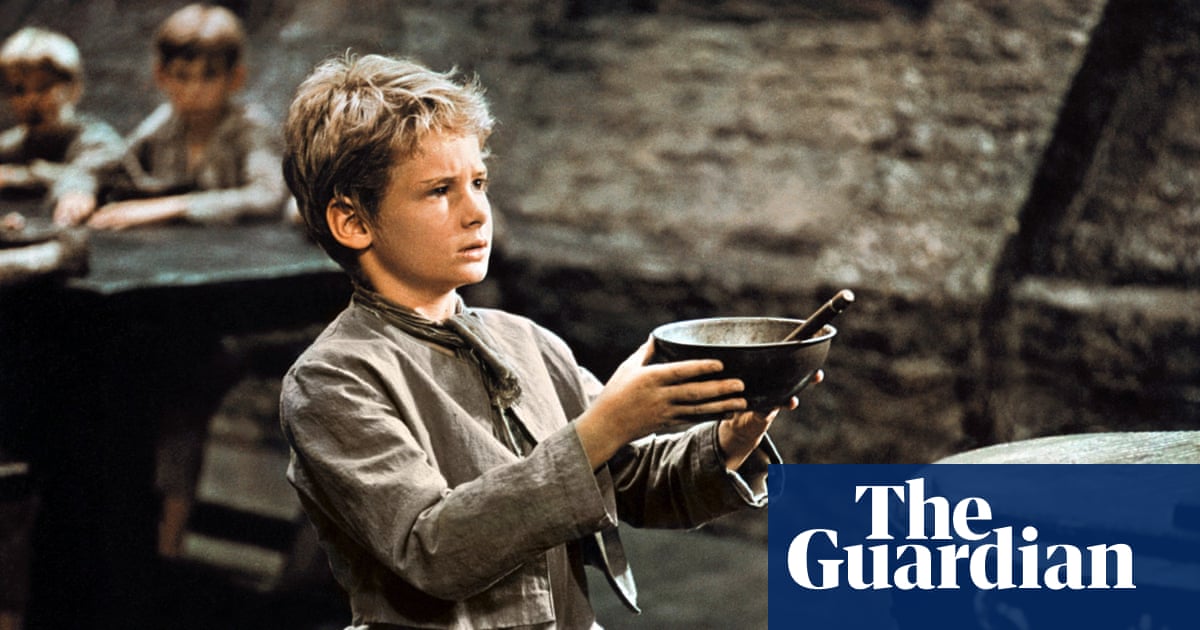
"For almost my entire life, I've known there's a connection between my family and Oliver Twist. There's little chance I could forget it. Charles Dickens's story has exploded into an Oliver multimedia universe, with as many as a hundred screen adaptations, the brilliant Lionel Bart musical, two current TV shows based on the frenmity of Fagin and the Artful Dodger, and an Audible dramatisation starring Brian Cox and Daniel Kaluuya."
"The original Robert Blincoe was a foundling, abandoned in London's St Pancras district in around 1792. He spent his early years in the care of the parish, entering the workhouse at four years old. By seven, he was one of 30 parish apprentices contracted to work in a Nottinghamshire cotton mill without pay until the age of 21. London's parish councils shipped thousands of pauper children north between the 1790s and 1830s, but little was known of their lives until Robert's memoir."
"His account of brutality, sadism, sexual abuse and starvation became a national sensation, running to five editions between 1828 and 1833. Twenty years ago, the historian John Waller wrote a new biography, The Real Oliver Twist, which traced Robert's role in the early battle for workers' rights. But only when I wrote my own history, Oliver Twist and Me, did I really understand how Dickens's best-loved novel came about, which in turn brought me closer to my great-great-great-grandfather."
A family connection to Oliver Twist shapes multiple generations and aligns with a vast Oliver multimedia universe, including numerous screen adaptations and stage and audio productions. The original Robert Blincoe was a foundling abandoned in St Pancras around 1792, who entered a workhouse at four and became a parish apprentice at seven, sent to a Nottinghamshire cotton mill until age 21. His memoir of brutality, sadism, sexual abuse and starvation ran to five editions between 1828 and 1833 and revealed the fate of pauper children shipped north by parish councils. A later biography traced his role in early workers' rights, and a renewed social-history approach in the 1960s revived interest.
Read at www.theguardian.com
Unable to calculate read time
Collection
[
|
...
]